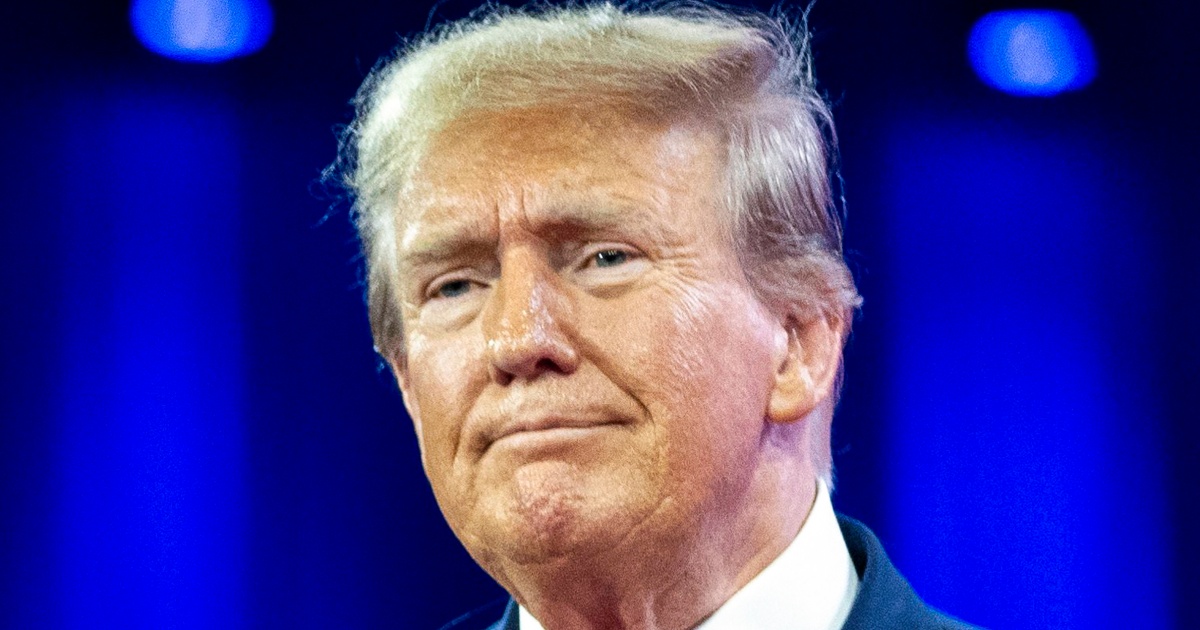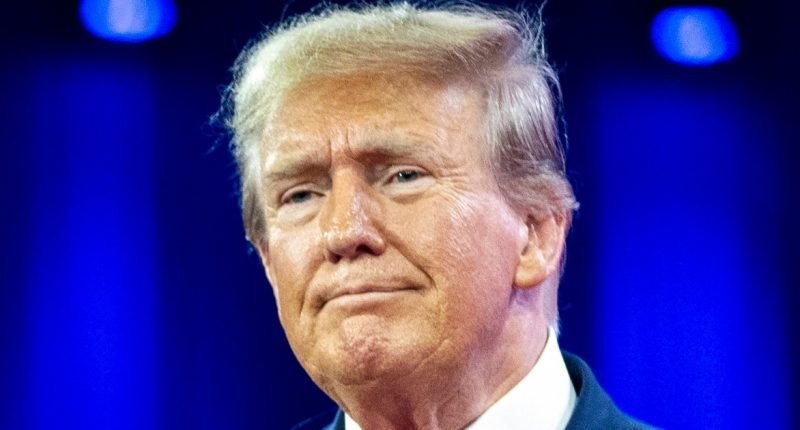
WASHINGTON — As former President Donald Trump tells it, his efforts in 2020 to overturn the election results were a core part of his presidential duties, meaning he should have immunity from any criminal prosecution.
Special counsel Jack Smith, who is prosecuting the former president, sees it very differently, arguing that there is no precedent for such a broad claim of immunity for actions taken while in office.
It is that key question that the Supreme Court will drill down into when it hears oral arguments in April on Trump’s bid to toss out his election interference indictment.
The final decision could set the rules of the road not just for Trump but also for the actions of any future president.
The court in a brief order on Wednesday indicated how it will approach the case by laying out precisely the legal question it will consider: “Whether and if so to what extent does a former President enjoy presidential immunity from criminal prosecution for conduct alleged to involve official acts during his tenure in office.”
Lawyers are now poring over those 29 words, which — some speculate — were likely the product of intense negotiations among the justices. That may have accounted for why the court took almost two weeks to decide how to act on Trump’s request that it hear his appeal — a timeframe that prompted criticism that the court was playing into the former president’s desire to drag out the process.
With much focus on the timing of the Supreme Court’s intervention and whether its involvement means that a trial might not be able to take place before the election, there has been less attention on what exactly the justices will decide.
The language does not track exactly how either Trump or Smith framed the issue.
“My best guess is that they don’t want to leave the impression that there’s never any presidential immunity under any circumstances and they want to write something more nuanced,” said Randall Eliason, a former federal prosecutor who teaches at George Washington University Law School.
Norm Eisen, who worked for House Democrats during the first unsuccessful effort to impeach Trump described the court’s language as “extremely carefully crafted” in part to narrow the issue before the justices.
It signals the court will reject Trump’s “crazy absolute immunity idea,” he said.
Trump’s lawyers asked the justices in court papers to decide “whether the doctrine of absolute presidential immunity includes immunity from criminal prosecution for a president’s official acts,” notably making no distinction between whether that person is a current and former president.
Smith meanwhile said in his filings that the court should decide “whether a former president is absolutely immune from federal prosecution for crimes committed while in office.” It makes no reference to whether the alleged conduct involves official acts.
The Supreme Court’s framing makes it clear that it is only considering immunity for a former president and conduct that may be an official act.
That would suggest the court might conclude that a president cannot be prosecuted for acts central to his role such as ordering military actions, issuing pardons or firing officials, said Jack Goldsmith, a professor at Harvard Law School who served in the administration of President George W. Bush.
A ruling that rejects Trump’s broad immunity claims while protecting some core presidential functions would “not unduly chill a president in office from exercising key powers,” Goldsmith added.
In Trump’s case, lower courts have rejected Trump’s immunity claim. U.S. District Court Judge Tanya Chutkan, who would oversee any eventual trial, ruled categorically that former presidents can be prosecuted for “any criminal acts undertaken while in office.”
The U.S. Court of Appeals for the District of Columbia Circuit then ruled along similar lines, although it assumed for the basis of the decision that Trump’s conduct constituted official acts.
In weighing the official acts issue, the Supreme Court may also take into account a separate case involving civil claims against Trump for his role on Jan. 6.
In that case, a different panel of judges on the same appeals court in Washington rejected his immunity claim, ruling that he was not engaged in official acts because he was acting in his capacity as a candidate for office.
Trump opted against appealing that case to the Supreme Court.
It is uncharted territory for the high court. It was never required to weigh in when former President Richard Nixon potentially faced prosecution following the Watergate scandal because then-President Gerald Ford issued a pardon.
Trump puts much weight on a 1982 ruling in a case called Nixon v. Fitzgerald, also involving former President Nixon, that addressed presidential immunity in a civil case. Then, the court ruled that a president has immunity when the conduct in question was within the “outer perimeter” of his official duties.
But, as Smith points out, that was not a criminal case, meaning its application may be limited.
The Supreme Court has narrowed the case in other ways too, most notably by refusing to consider Trump’s secondary argument that a president cannot be prosecuted if he was previously subject to impeachment but then acquitted by the Senate.
“They have taken that off the table,” Eliason said.
Source: | This article originally belongs to Nbcnews.com










